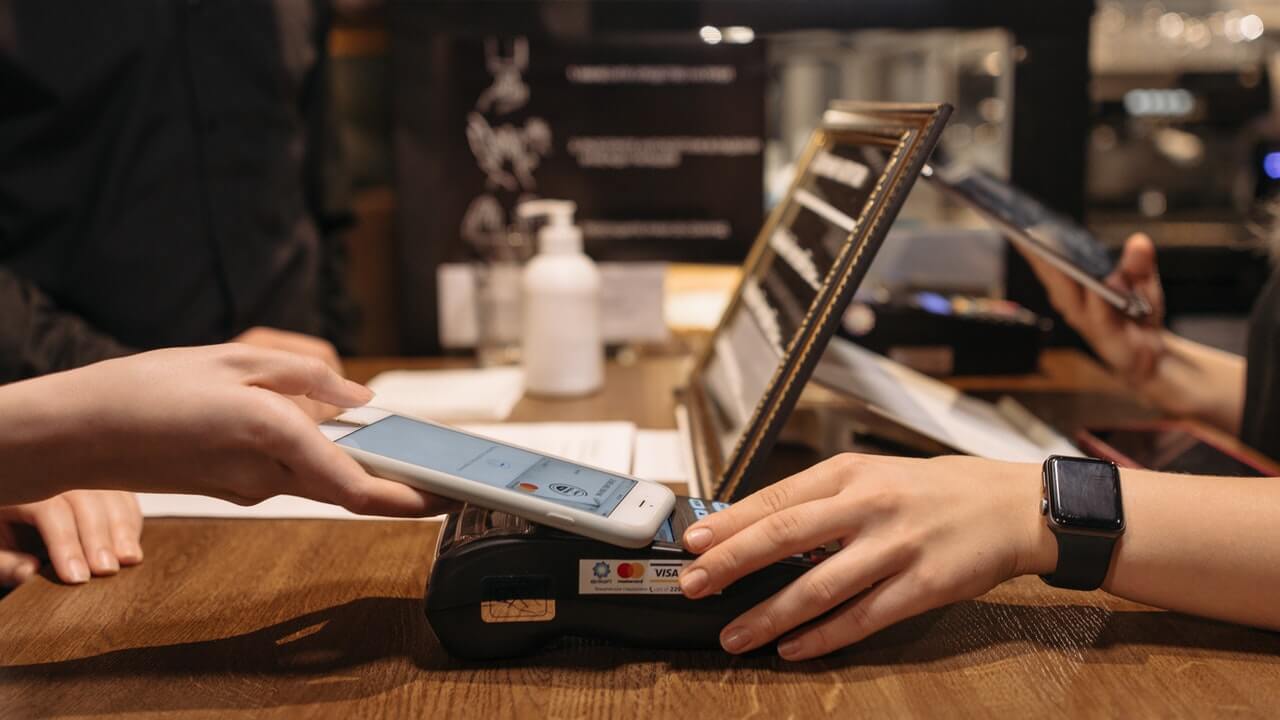Shift toward contactless technology and automation for the hospitality industry
The COVID-19 pandemic has accelerated the shift toward contactless technology and automation in the hospitality industry. As guests prioritize safety and hygiene, hospitality businesses have had to adapt to new ways of delivering services while minimizing physical contact. Below are some of the key contactless technology and automation trends in the hospitality industry:
- Mobile check-in and check-out: Mobile check-in and check-out allow guests to bypass the front desk and use their smartphones to check in and out of their rooms. This reduces physical contact between guests and staff and allows for a more efficient check-in and check-out process.
- Contactless payments: Contactless payments, such as mobile payments and contactless cards, have become increasingly popular in the hospitality industry. These payment methods allow guests to pay without handing over their credit cards or cash, reducing the risk of transmission of viruses.
- Self-service kiosks: Self-service kiosks allow guests to order food and beverages without interacting with staff. This reduces wait times and minimizes physical contact between guests and staff.
- Robot staff: Some hospitality businesses have started using robot staff for tasks such as room service, cleaning, and concierge services. Robot staff can perform tasks with greater efficiency and consistency than human staff, and they can minimize physical contact between guests and staff.
- Smart room technology: Smart room technology, such as voice-activated assistants and smart thermostats, allows guests to control their room environment without touching surfaces. This enhances the guest experience and reduces physical contact between guests and staff.
- Automated cleaning: Automated cleaning technology, such as robots and UV disinfection devices, can sanitize guest rooms and common areas without the need for human intervention. This reduces the risk of transmission of viruses and enhances hygiene standards.
To implement contactless technology and automation, hospitality businesses must invest in technology infrastructure, staff training, and maintenance. This requires a significant upfront investment, but it can lead to greater efficiency, enhanced guest experience, and improved safety and hygiene standards.
In summary, the COVID-19 pandemic has accelerated the shift towards contactless technology and automation in the hospitality industry. Hospitality businesses must adapt to new ways of delivering services while minimizing physical contact between guests and staff. By implementing contactless technology and automation, hospitality businesses can enhance safety and hygiene standards, improve efficiency, and enhance the guest experience.


0 Comment